The first Sunday of June is widely known as the cancer survivor’s day and this is often an event that commemorates the victory of each patient over this disease also as helps them deal with the remainder of their lives. In 1913, the 5-year survival of patients afflicted with cancer was an abysmal 10 %. 100 years down the line, with advances in diagnosis and newer treatment modalities, the 5-year survival reached nearly 60% by 2013.
For long, a diagnosis of cancer has been predominantly related to emotions like despair, fear, anger, and frustration. Patients diagnosed with common diseases like hypertension and diabetes don’t generally ask their doctor whether or not they are going to be cured of diabetes but the first question that occurs within the mind of any patient diagnosed with cancer is – Will I be cured?. Even after being cured of cancer, since cure can't be established emphatically by the level of tests the patients are subjected to, fear remains and survivorship takes an enormous physical and psychological toll on patients. This has two implications: first, worry happens to be unnecessary suffering and second, this anxiety can bring down the cure rate.
Conditions like reproductive cell tumors, early-stage Hodgkin's Lymphoma, early-stage carcinoma have cure rates exceeding 85%. Conditions like reproductive cell tumor and Hodgkin's lymphoma are known to occur within the 3rd and 4th decade of life, which suggests once a patient has been cured, they might have another 40-50 years to affect the after-effects of treatment, be it any modality like chemotherapy, radiation or surgery. Even conditions that primarily affect the elderly population like myeloma or early-stage carcinoma are often effectively brought in check with multi-modality treatment. So, patients are being counseled not only regarding the way to get through treatment but also the way to resume their daily lives and activities.
Patients dread the hair loss which occurs with chemotherapy. this is often however transient. What does persist however are post chemotherapy are side effects like hormonal changes.
Chemotherapy can even induce early menopausal effects and therefore the attendant changes in women of reproductive age bracket. The reproductive capacity is certainly impaired in both sexes. Children who receive chemotherapy are known to possess growth abnormalities. There are some sorts of chemotherapy especially those used for treatment in carcinoma which predisposes to an early-onset heart condition. In some rarely used chemotherapy protocols, future lung damage and brain damage can also be seen.
Radiotherapy has its own list of possible side effects, although it's dramatically reduced in occurrence and intensity in recent years. It's important to acknowledge these effects early and take steps to reverse the method. There's also the danger of disease returning or the likelihood of developing cancer at an altogether new site, referred to as – second cancer, which survivorship clinic can help in reducing the probability.
More than the bodily changes, it's important to specialise in the psychological aspects also. There's a term called ‘Damocles syndrome' which references Greek mythology – a condition where the specter of cancer recurrence hangs over some cancer survivors. they will become emotionally paralyzed and have a tough time deciding to get married, change jobs, or make other major decisions.
Although happy to be alive, cancer survivors can also feel guilty that they survived while fellow patients they became friendly with during treatment or as a part of a support group didn't - a condition called Survivors guilt. In fact, early after a diagnosis of cancer, people first ask, “Why me?” When survivors believe those that have died, they have a tendency to ask, “Why not me?”
Oncologists everywhere have started developing survivorship clinics where patients who have conquered this condition are seen on a daily basis. Routine physical examinations, specific investigations if any to detect cancer returning, physical restoration programs to deal with physical disabilities if any, support groups for psychological support, even vocational education all form a neighborhood of the survivorship clinic.
The importance of survivorship clinic are;
Essential to understand that it's as important as treatment, if not more Slowly but surely learn to get rid of the fear Adopt lifestyle which improves body immunity and resilience Focus on work, family, friends, community, and purpose of life
It is important for patients who are diagnosed with cancer to know and appearance forward to a life after cancer treatment because the important journey of life begins where cancer recedes.
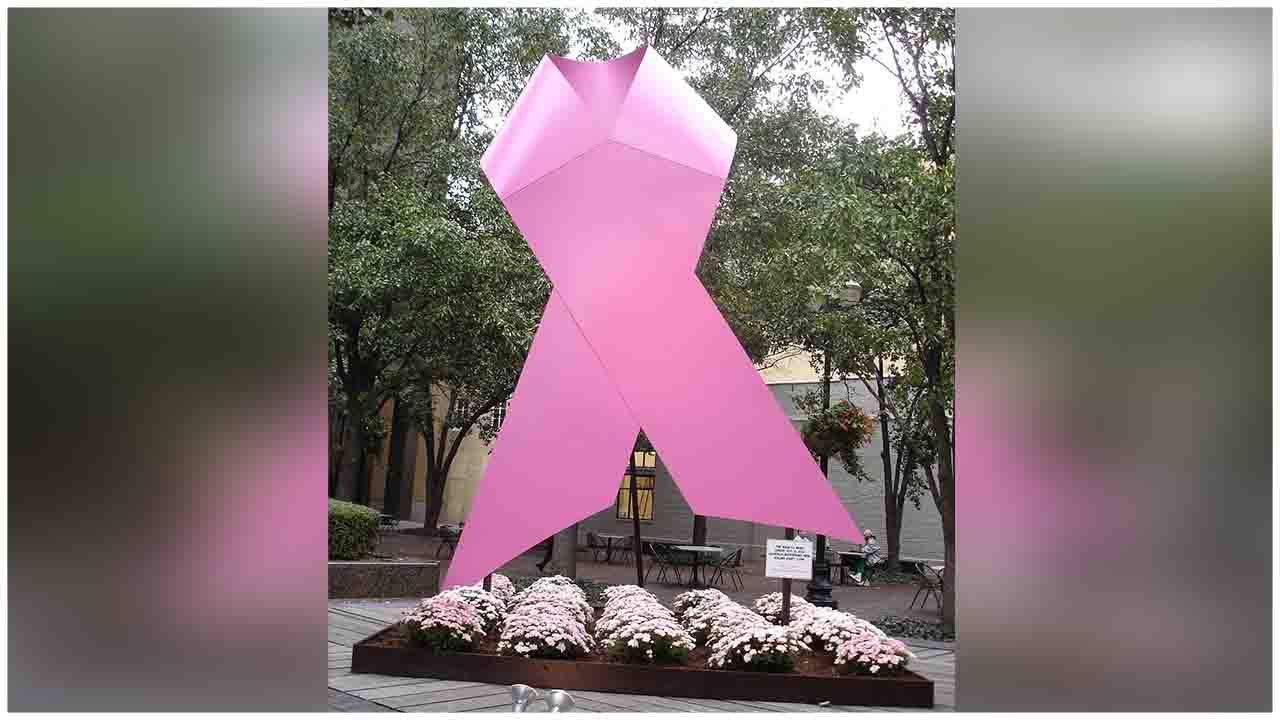
 With advances in diagnosis and newer treatment modalities, the 5-year survival reached nearly 60% by 2013
With advances in diagnosis and newer treatment modalities, the 5-year survival reached nearly 60% by 2013






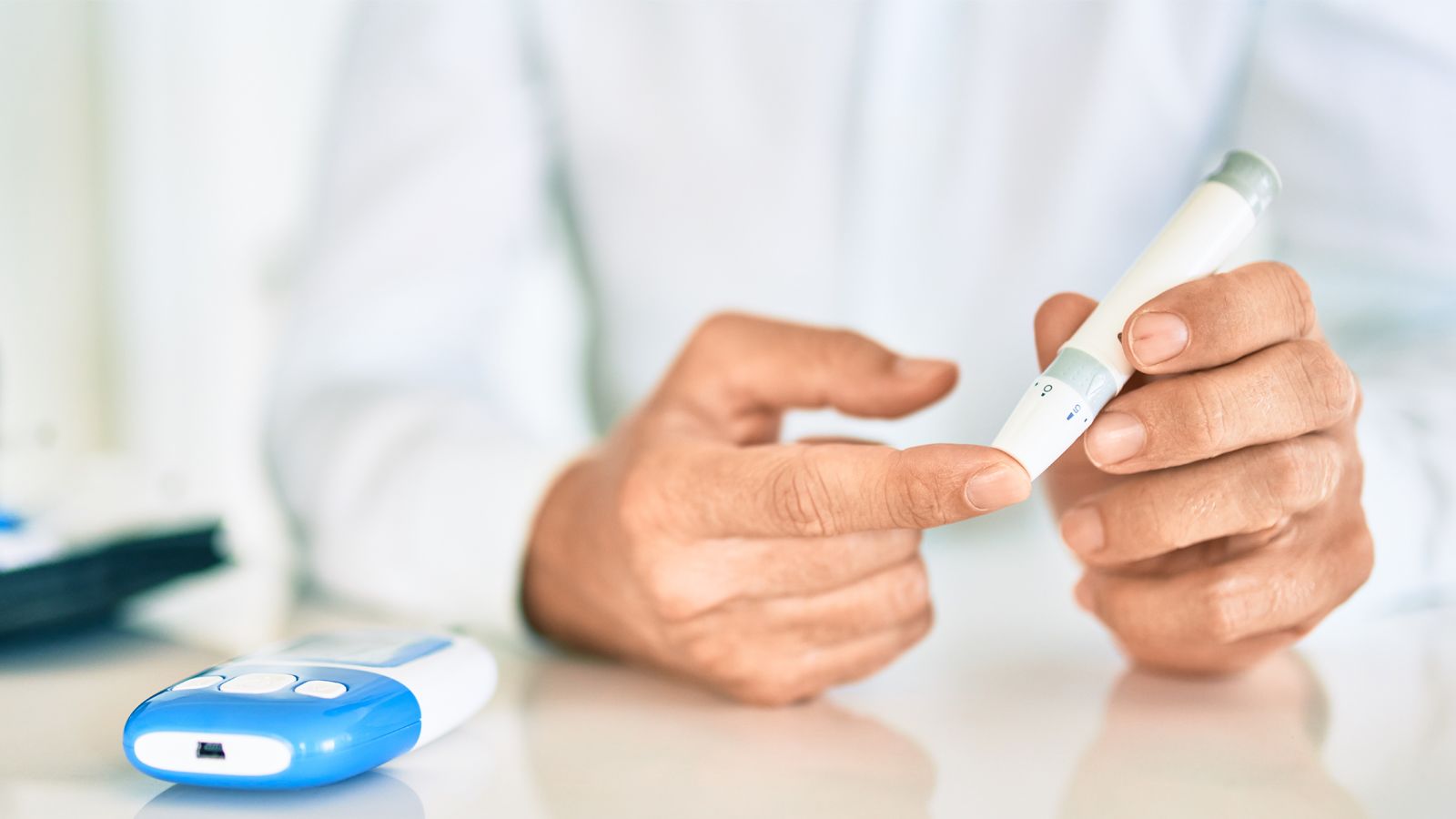
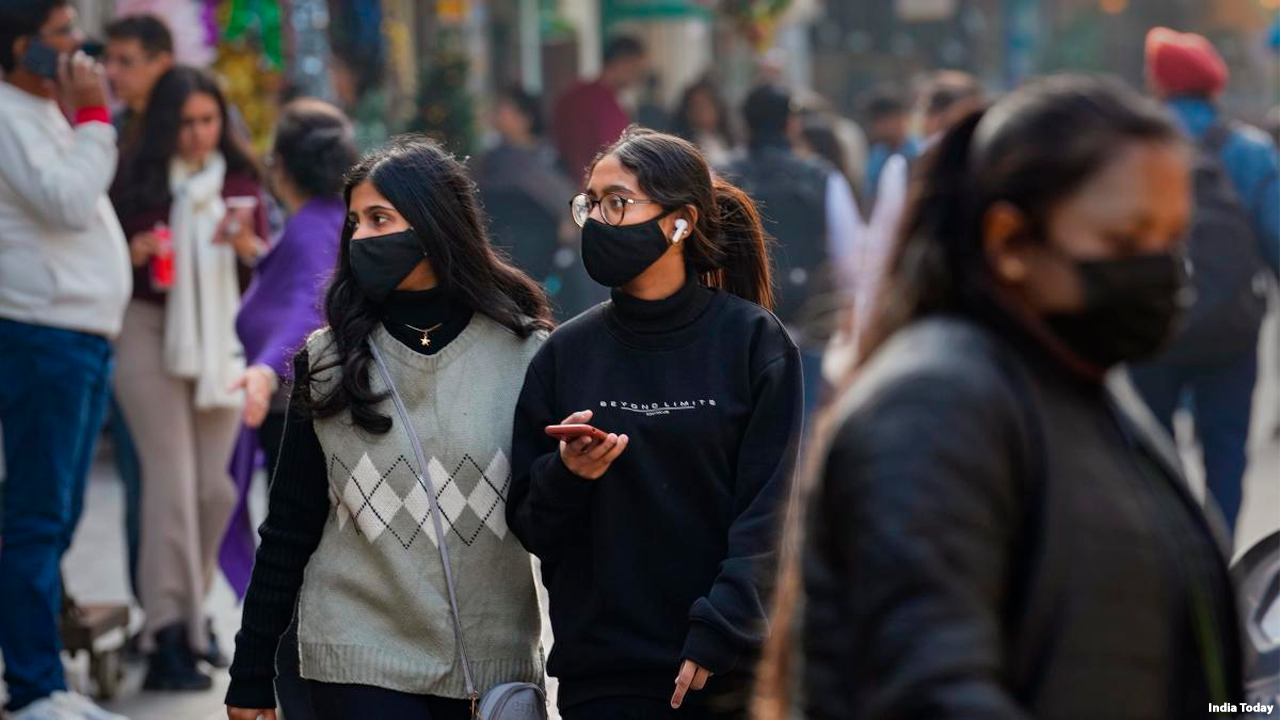
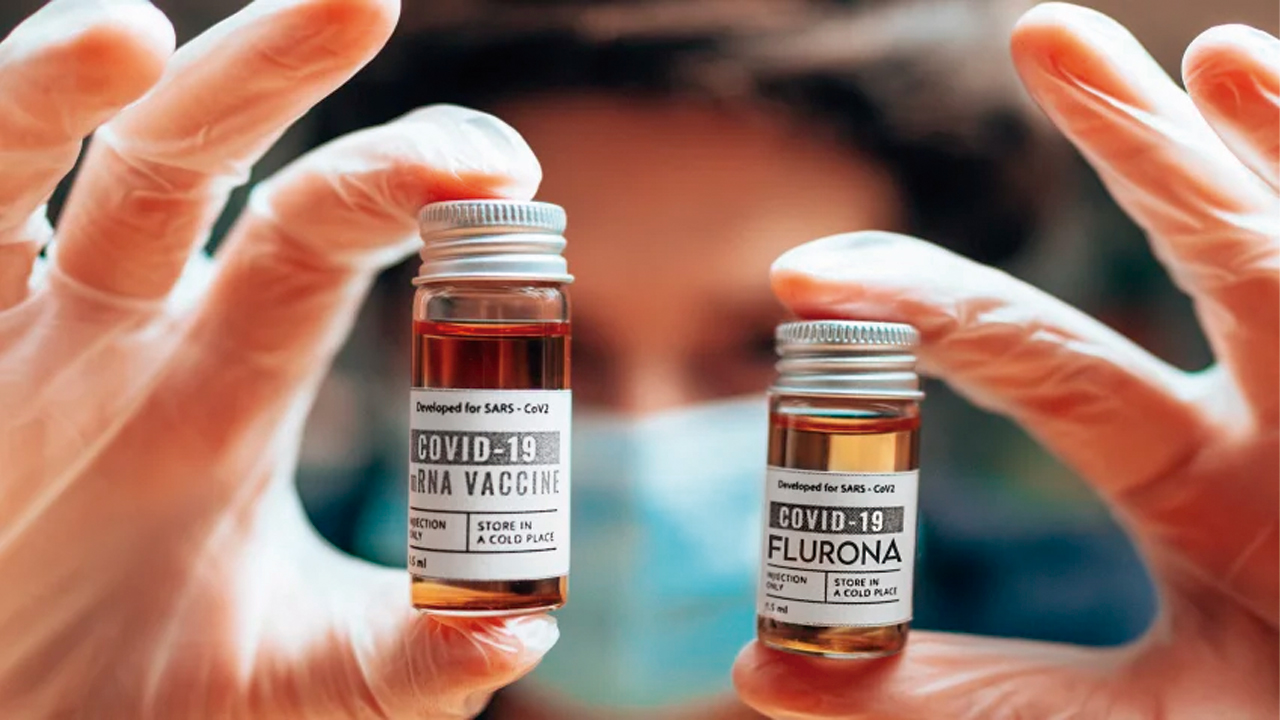
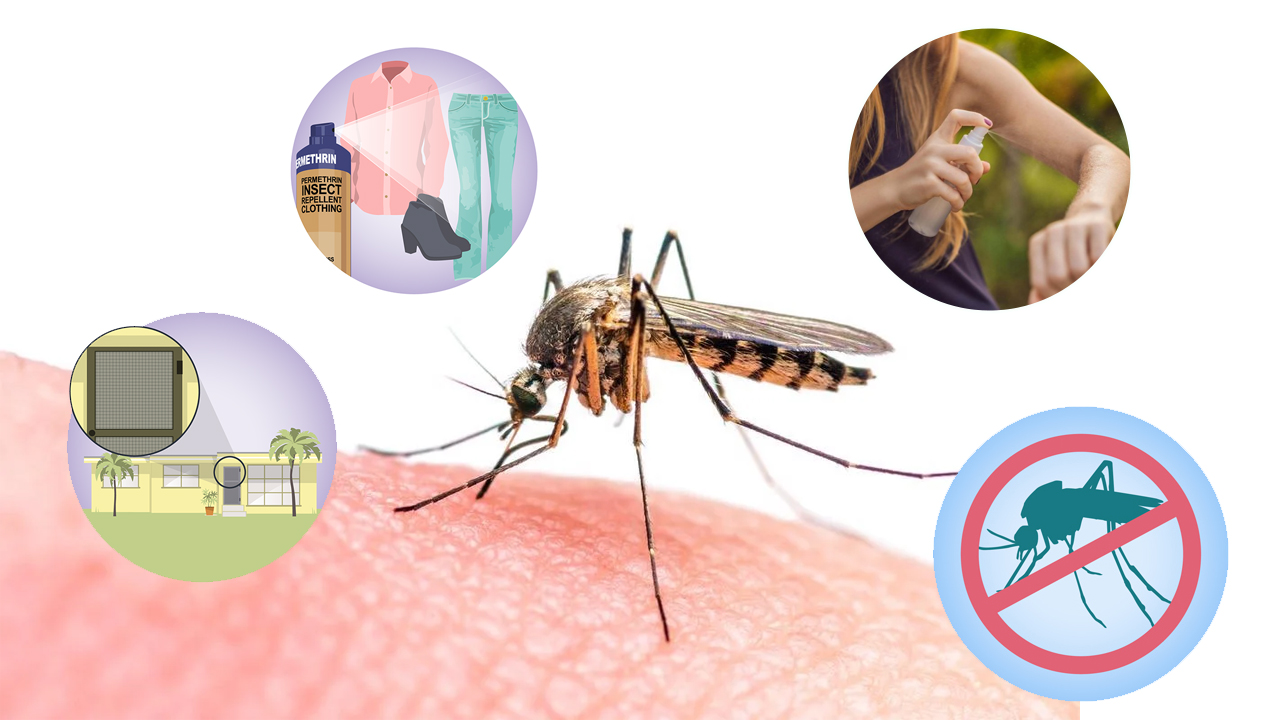
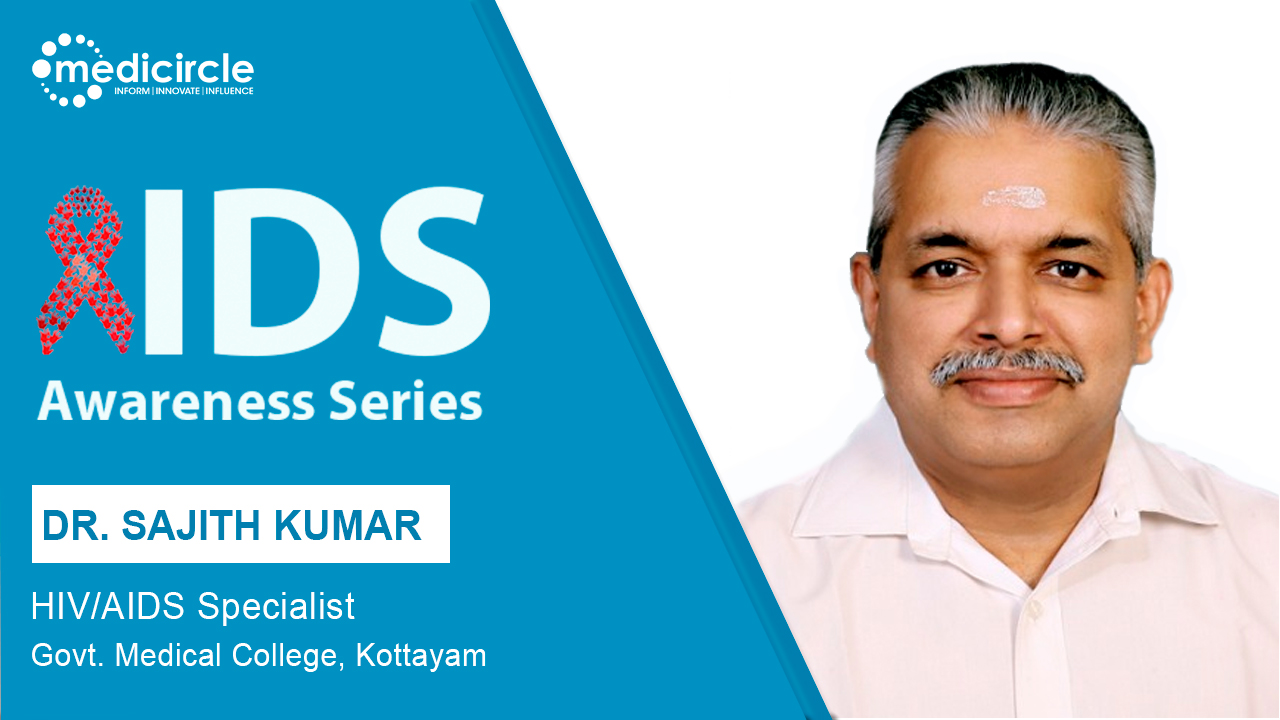

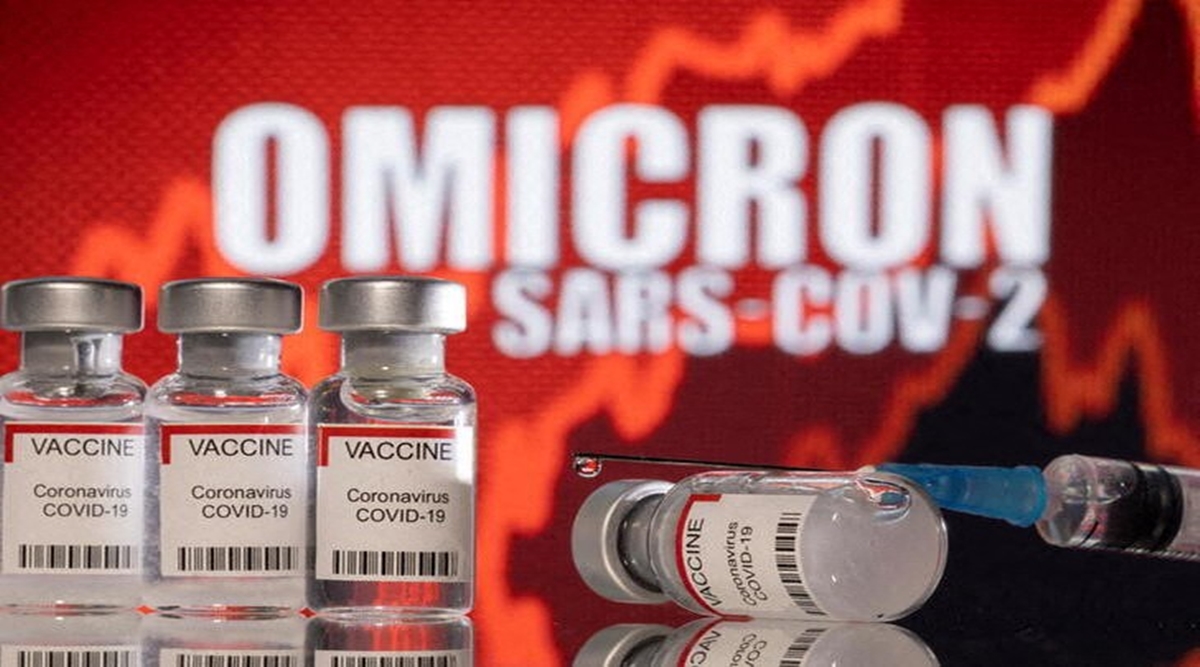





.jpeg)

.jpeg)










.jpg)




.jpg)

